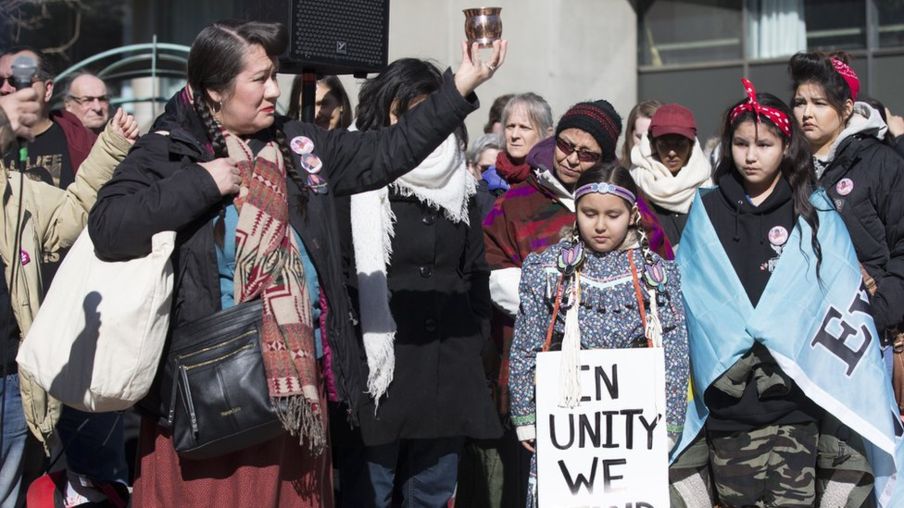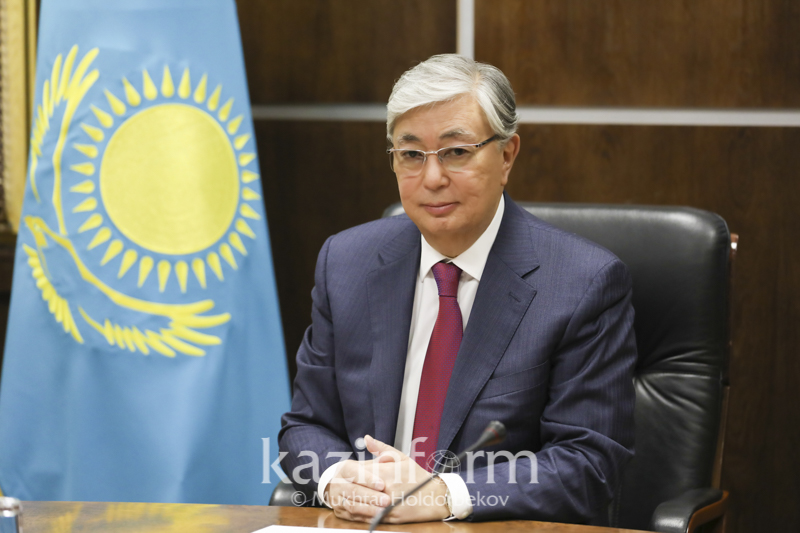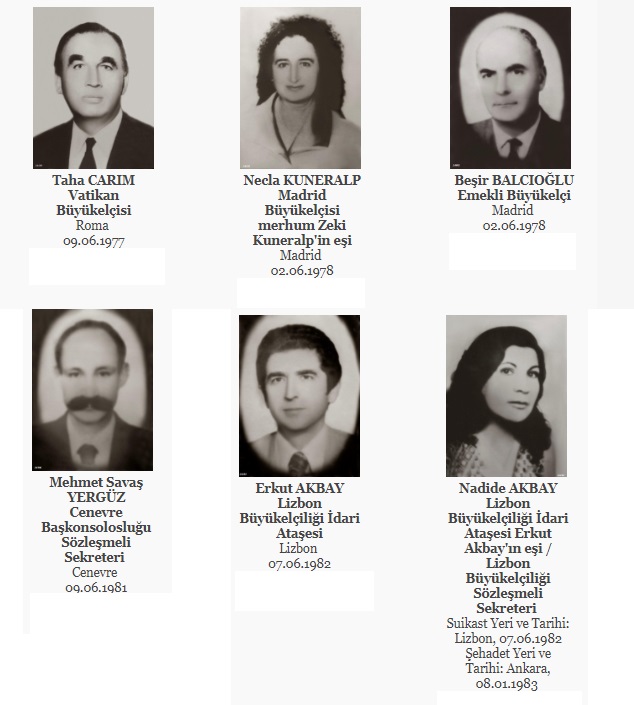Download PDF :


EurActiv (7 Haziran 2019)
As Globsec’s 2019 forum in Bratislava kicked off earlier this week, EURACTIV went along to listen to world leaders from politics, civil society and business on the Future of Europe. Here we present a summary of the main talking points in the field, across the first two days.
Western Balkans. Kosovo’s president Hashim Thaçi and Serbia’s President Aleksandar Vučić locked horns on Friday, as the pair disagreed over the best way to proceed as part of the Belgrade-Pristina talks, with Vučić saying that according to the Serbian constitution, Kosovo still belongs to Serbia.
“Serbia only did its job by fighting against the membership of Kosovo to Interpol and UNESCO, because we do not recognise and we do not see Kosovo as an independent state,” Vučić said.
While Thaçi hit out at Vučić for blocking Kosovo from joining such international institutions, he attempted to strike a more positive tone with regards to the progress of the talks in the run up to a scheduled Paris meeting on July 1. “I believe that in the following weeks we will create a more positive environment to overcome these obstacles that we have in front of us, to continue the dialogue,” he said.
In terms of possible EU accession for Serbia, Vučić said that his country would continue to maintain close economic ties with China and Russia, irrespective of its path towards EU membership. He added that he is due to hold talks with German Chancellor Angela Merkel over the weekend, in a bid to rally the importance of Serbia’s EU membership, for both the country itself and the bloc.
Barnier backs Weber. The EU’s lead Brexit negotiator, Michel Barnier, revealed on Friday that he supports the EPP’s Manfred Weber in the German’s attempt to become the next Commission President, following reports that the he himself would like to take up the role.
Responding to a question from EURACTIV as to whether he would support Weber in his campaign, Barnier confirmed that he would back the German for the EU’s top job. More broadly, the Frenchman reaffirmed his commitment to delivering an orderly Brexit, and repeated that the integrity of the EU’s single market will not be compromised. He added that defence is a vital future area of cooperation for the EU and the UK.
Michelle Barnier tells me at #GLOBSEC2019 that he had once asked Nigel Farage what his vision was for the future relationship between the UK and EU after Brexit. His answer was "Mr Barnier, after Brexit, the EU will no longer exist".
— Christian Fraser (@ChristianFraser) June 7, 2019
Fidesz’s future. The debate over the controversial workings of Hungary’s governing party continued on Friday, after the country’s Foreign Minister Peter Szijjártó came out on the defensive following accusations levelled at Fidesz’s track record in upholding the rule of law.
Speaking as part of a panel on the EU’s new political landscape following the recent parliamentary elections, Vice-President of the Socialists and Democrats in the European Parliament, Maria João Rodrigues, said that “it’s very important to base national sovereignty in sound democratic standards…such as the rule of law.” In a veiled reference to Hungary, she added that the EU faced a challenge going forward, in ensuring that the rule of law is upheld across member states.
Szijjártó struck a conflicted tone as to the future of Fidesz inside the European Parliament’s largest group, the EPP, accusing party chairman and Commission presidential hopeful Manfred Weber of treating the Hungarian people like “second class citizens” following the decision to suspend Fidesz’s membership of the EPP group. Meanwhile, Mikuláš Dzurinda, President of EPP’s thinktank The Martens Centre, said that the reality of the situation is that Fidesz has “one leg out of the family”. On the subject of the Hungarian government’s moves to undermine the independence of the judiciary, and by extension the EU’s common principle of the rule of law, Dzurinda said that the “EU’s values are not at our disposal to be negotiated,” as part of the ongoing talks between the EPP and Fidesz.
Russia. On Thursday, Oxford historian Timothy Garton Ash said that one of the most explicit challenges currently facing the EU emanates from the Kremlin. “Russia as we know it today is determined to dissolve the European Union,” he said.
However, Garton Ash added that the EU needs to find unity amid its divergent political landscape. “We need the EU to defend our values, interests and shared way of life,” he said. “We need it for ourselves in Europe to explain to next generation what the EU is for. Europe needs to discover its new story.”
The spirit of Sibiu. Romania’s European Affairs Minister George Ciamba said on Thursday that political cohesion should remain a priority for the Finnish Presidency of the Council, to whom it hands over the rolling leadership of the institution. On Friday, he reaffirmed that, saying that “cohesion means convergence,” and that the bloc should now look beyond its borders in terms of future enlargement opportunities, adding that the EU’s “soft power” may diminish if it fails to adopt a proactive stance on its future expansion strategy.
(Edited by Benjamin Fox)
 DEATHS OF INDIGENOUS WOMEN 'A CANADIAN GENOCIDE', LEAKED REPORT SAYS
The Caucasus and Turkish-Armenian Relations
10.06.2019
DEATHS OF INDIGENOUS WOMEN 'A CANADIAN GENOCIDE', LEAKED REPORT SAYS
The Caucasus and Turkish-Armenian Relations
10.06.2019
 70.96% OF VOTERS CAST THEIR BALLOTS FOR KASSYM-JOMART TOKAYEV - CEC ANNOUNCES ELECTION RESULTS
Central Asia
10.06.2019
70.96% OF VOTERS CAST THEIR BALLOTS FOR KASSYM-JOMART TOKAYEV - CEC ANNOUNCES ELECTION RESULTS
Central Asia
10.06.2019
 MARTYR DIPLOMATS
The Caucasus and Turkish-Armenian Relations
10.06.2019
MARTYR DIPLOMATS
The Caucasus and Turkish-Armenian Relations
10.06.2019




























